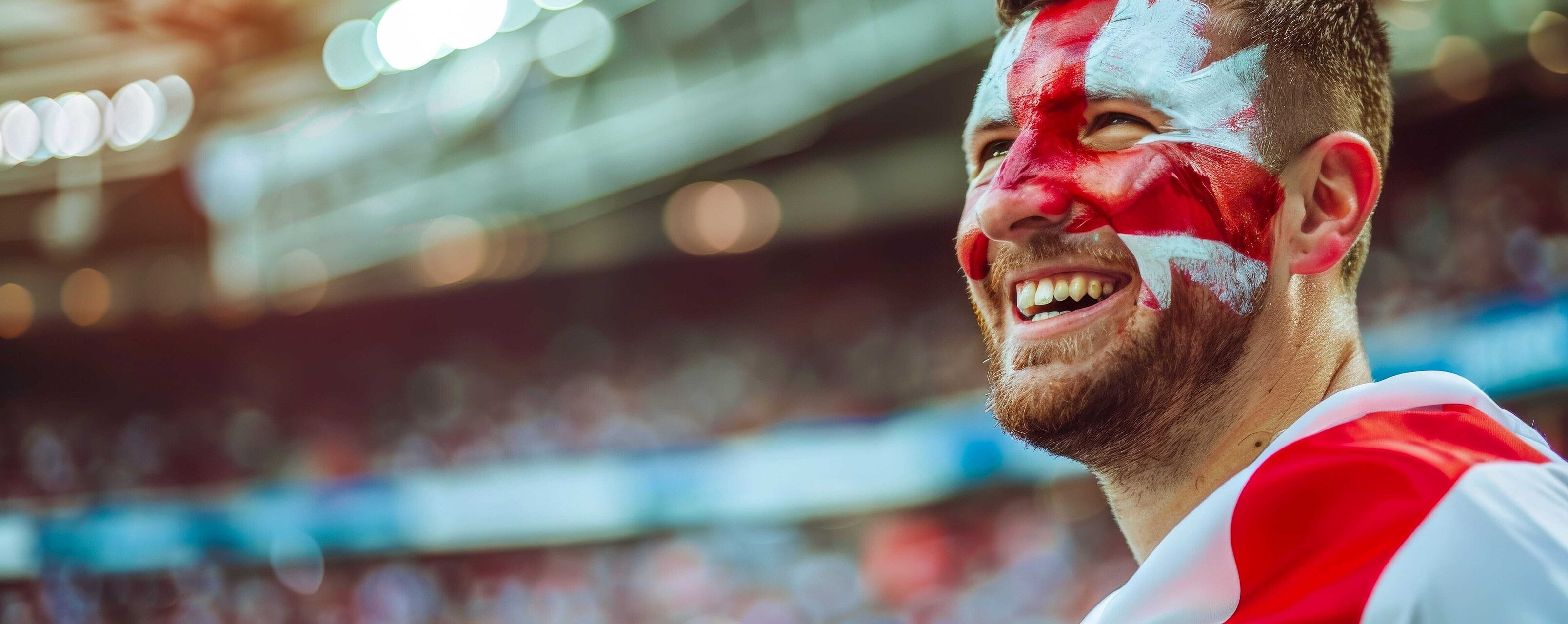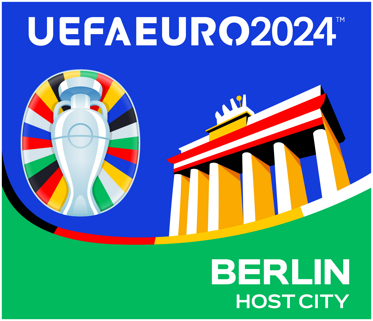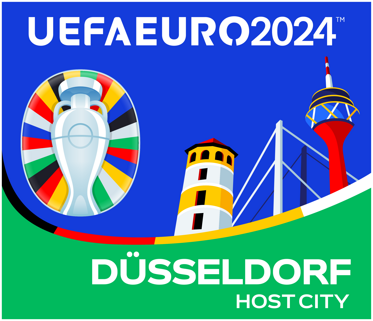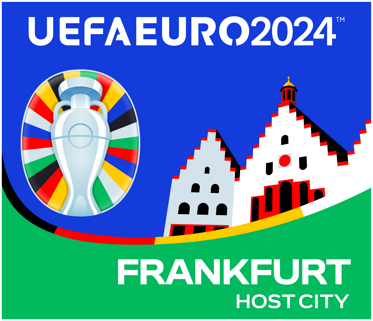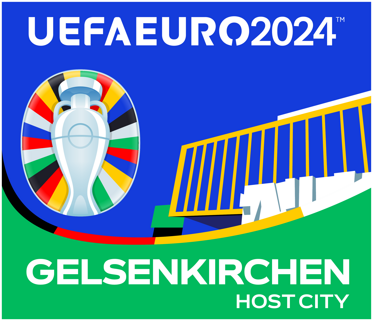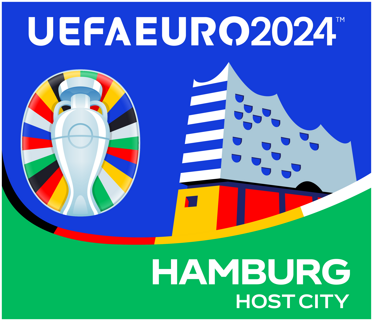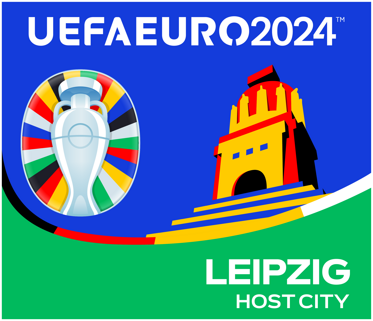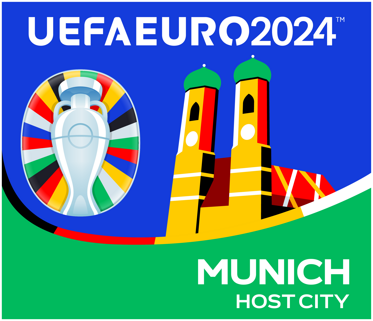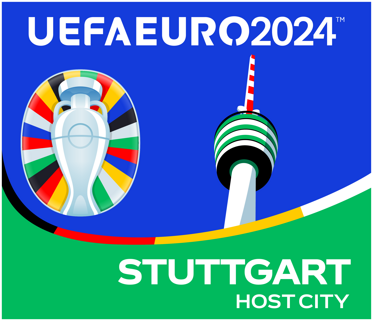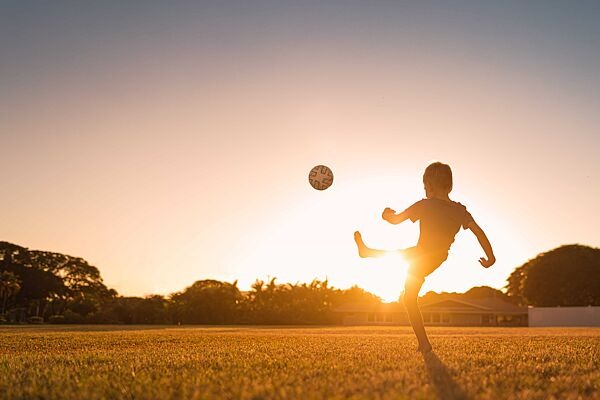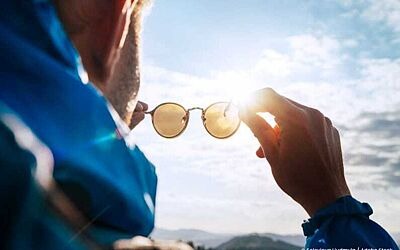The match plan for hot phases
Heat is not only a challenge for the football pros. Prolonged periods of extreme heat, where temperatures exceed 30 degrees Celsius during the day and remain above 20 degrees at night, put significant stress on the human body, particularly on our cardiovascular system. This can cause symptoms ranging from dizziness, headaches, exhaustion and drowsiness to rashes, cramps, sunstroke and heatstroke.
You can check how hot the next match day will be on the website of the German Weather Service:
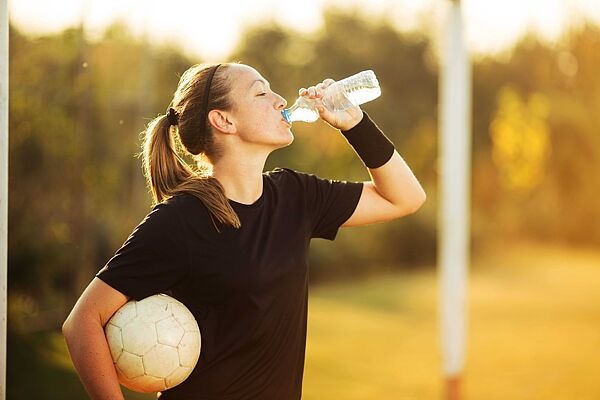 © bokan / Adobe Stock
© bokan / Adobe Stock
